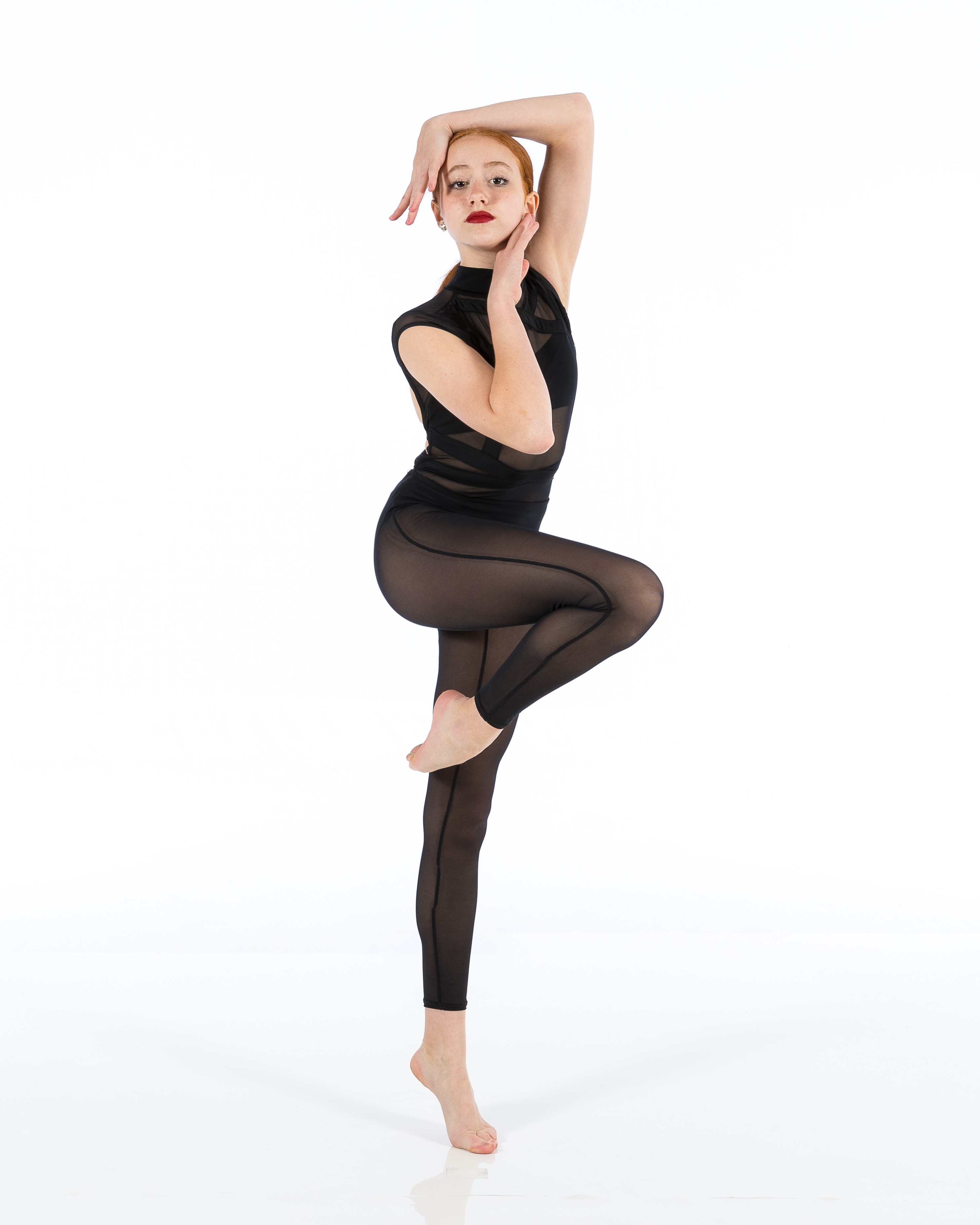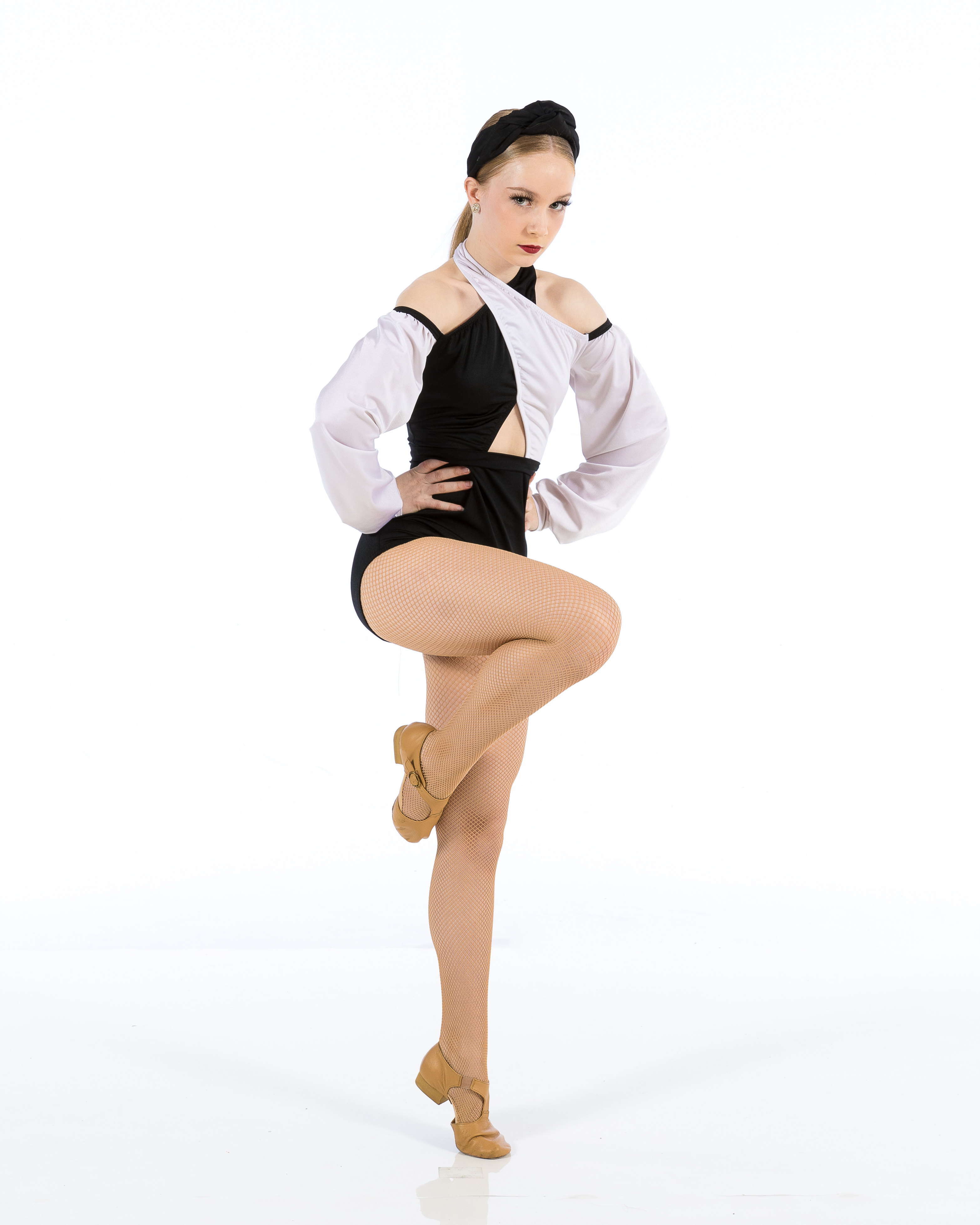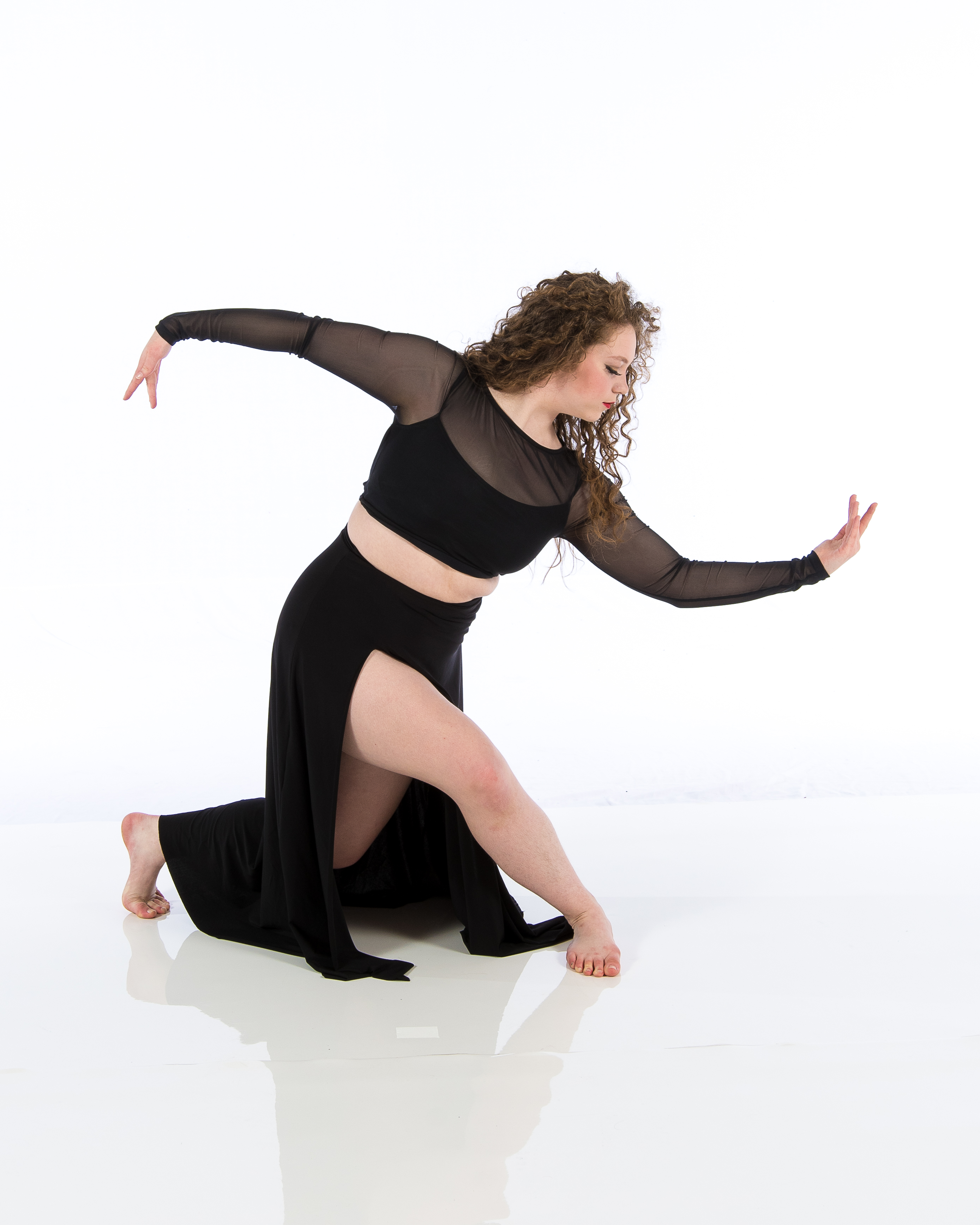Introduction
Dance is an art kind that transcends barriers, unifies communities, and ruptureds with the vitality of human expression. Whether you're a budding dancer stepping into a dance studio for the very first time or an experienced performer aiming to fine-tune your craft, comprehending dance studio rules is important for making sure a favorable experience. This considerable guide titled From Newbie to Specialist: Navigating Dance Studio Decorum for an Unified Experience will certainly take you via every facet of dance studio behavior, giving understandings that will boost your experience and foster more powerful partnerships within the dancing community.
Understanding Dance Studio Etiquette
What is Dance Studio Etiquette?
Dance studio decorum refers to the set of customs and social standards that regulate habits in a dancing class setting. Similar to any other artistic atmosphere, respecting these guidelines can boost not only your understanding experience but likewise that of your peers.
Why is Dance Studio Rules Important?
Adhering to correct etiquette assists create an ambience of respect, focus, and partnership. It promotes a sense of area and enables professional dancers to sustain each other in their growth while minimizing distractions throughout class.
From Newbie to Professional: The Relevance of First Impressions
Preparing for Your First Class
Walking right into a dance studio for the very first time can be nerve-wracking. To make an unforgettable impression:
- Dress appropriately: Put on comfy outfit suitable for the sort of dance you're studying. Arrive early: Objective to come to the very least 10-- 15 minutes before course starts. This provides you time to check in, warm up, and settle in.
Greeting Your Instructor
Article sourceA friendly greeting collections the tone for your experience. Always introduce on your own if it's your excellent! A basic "Hello there" or "Good morning" can go a lengthy means in establishing rapport.
Classroom Conduct: The Do's and Do n'tshtmlplcehlder 46end.
Do's: Positive Behaviors
Be Respectful: Respect every person's personal room-- particularly when exercising moves. Listen Actively: Show listening when instructors are talking; it shows you value their guidance. Support Your Peers: Encourage fellow professional dancers; positivity types encouragement.Don'ts: Unfavorable Behaviors
Avoid Diversions: Maintain individual discussions outside the classroom. Don't Usage Your Phone: Silence your phone during course; it's disruptive. Refrain from Interrupting: Wait until the trainer surfaces prior to asking questions.The Duty of Personal Space in Dance Studios
Understanding Boundaries
Personal room varies from person to person, particularly in a dancing setting where physical distance is typically necessary throughout technique routines.
Communicating Convenience Levels
If you really feel uneasy with just how close one more dancer is obtaining during partnered exercises or formations, it's essential to interact this nicely and professionally.
Maintaining Expertise: Gown Code and Grooming
Importance of Correct Attire
Each dance design usually has its very own outfit code-- whether it be leotards for ballet or loose-fitting apparel for hip-hop courses-- sticking to these criteria demonstrates regard for both your craft and your instructor.
Personal Health Matters
Dancing needs physical effort, which can lead to sweating. Guarantee you maintain great health by showering prior to class and wearing tidy attire.
Behavior During Class: Focusing on Learning
Engaging with Instruction
It's vital to remain concentrated during presentations. Rather than simply seeing, actively engage by imagining just how you would execute each movement.
Asking Inquiries Appropriately
Curiosity improves learning! If something isn't clear, do not hesitate to ask questions-- however ensure they are relevant and presented at proper times (ideally after guidelines).
Feedback: Accepting Useful Criticism
Accepting Responses Gracefully
Constructive criticism is component growth in any art form. Welcome feedback with an open mind and prevent coming to be defensive; remember that review aims to assist enhance your skills!
Offering Responses Thoughtfully
When giving comments to peers, ensure it's positive as opposed to critical; concentrate on what they succeeded along with locations for improvement.
Creating Consistency With Teamwork
The Relevance of Team Spirit
In several dancing designs, team effort plays a pivotal function; developing friendship with fellow professional dancers causes improved performances.

Collaborating During Group Exercises
When associated with group jobs or choreography techniques, motivate imagination by respecting everyone's ideas while likewise contributing yours constructively.
Handling Disputes Gracefully
Addressing Disputes Maturely
Conflict may occur because of misconceptions or differing point of views on choreography choices. Deal with these concerns independently as opposed to publicly broadcasting grievances which can interfere with class harmony.
Seeking Arbitration When Necessary
If conflicts rise past personal resolution initiatives-- seek advice from teachers who can moderate efficiently based on their experience taking care of comparable situations.
Post-Class Decorum: Leaving on a Good Note
Thanking Trainers After Class
Always reveal gratefulness in the direction of your teacher after lessons; this strengthens positive connections while recognizing their difficult work!
Keeping the Workshop Clean
Whether it's getting water bottles or nicely setting up props post-class-- maintaining cleanliness shows respect for common rooms used by all dancers!
Engaging Beyond Class Time: Building Community Relationships
Joining Social Events
Participate in get-togethers organized by workshops such as showcases or open residences-- these celebrations use possibilities for networking while enhancing area ties outside structured lessons!
Supporting Other Dancers' Performances
Attending peers' efficiencies demonstrates uniformity within the dancing community-- it urges interaction past simple participation at classes!
Frequently Asked Concerns (FAQs)
1. What need to I wear for my initial dancing class?
Select comfortable outfit ideal for the specific style you're taking (e.g., leotards for ballet). Always inquire about dress codes beforehand!
2. Is it okay to talk during class?

3. How do I deal with feeling overwhelmed?
Take deep breaths & & advise on your own that every dancer began someplace! Interact any deal with instructors who may provide additional aid if needed!
4. What if I disagree with choreography choices?

Express issues professionally either independently or within marked responses sessions rather than honestly critiquing during rehearsals; keeping professionalism aids fix arguments amicably!
5. Must I bring water into the studio?
Absolutely! Staying hydrated enhances efficiency degrees; simply make sure containers are safely shut so spills do not take place on floors where others are dancing!
6. Exactly how crucial is punctuality?
Punctuality is crucial as getting here late interferes with focus levels while causing disturbances; aim always show up early adequate permitting time warm-up appropriately prior to classes commence!
Conclusion
Navigating via a dance studio environment can appear intimidating at first glimpse but grasping proper etiquette inevitably transforms one's trip from novice status toward experienced degree artistry! By adhering very closely recognized habits detailed throughout this guide labelled From Newbie To Expert: Browsing Dance Studio Etiquette For An Unified Experience *, you'll cultivate invaluable friendships within neighborhoods enriched imagination while refining technological prowess alongside appreciated advisors! So lace up those shoes with confidence tip onto that flooring-- the globe awaits your distinct expression via movement!